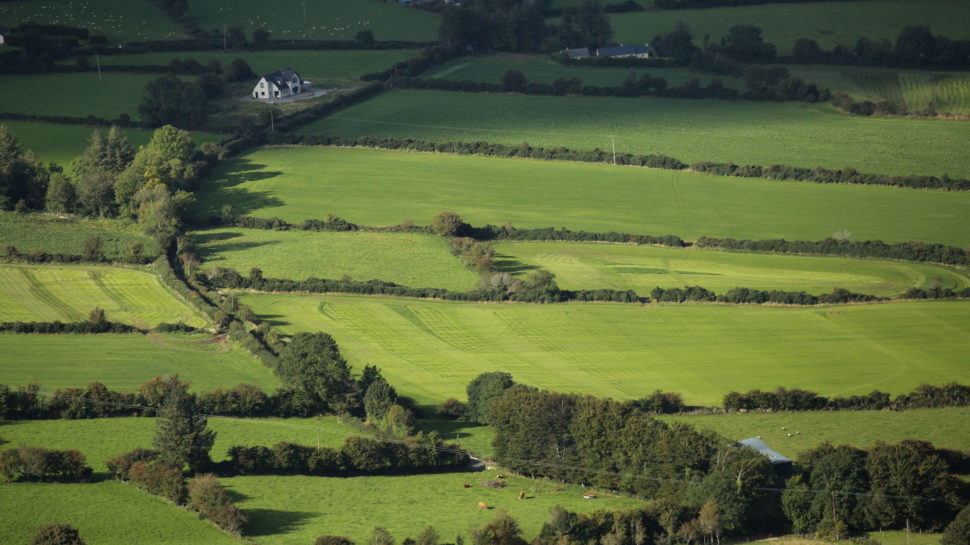
IFA President Tim Cullinan said that while the publication of the ‘Food Vision 2030’ strategy is welcome, it must be backed by Government investment.
Until the Government sets out its plans to fund it, this strategy will ring hollow,” he said.
“The focus of this strategy is very much on the three pillars of sustainability; economic, environmental and social,” he said.
“Incomes are currently unsustainable in the drystock and tillage sectors. The outcome to the European element of the CAP reform proposals will make this worse rather than better. What farmers want to see is what funding the Government intends to make available to back up this strategy,” he said.
“The Government now needs to come forward with a plan to support these sectors with maximum co-financing of the CAP and delivery on its commitment to invest €1.5bn of the Carbon Tax fund into a proper agri-environment scheme,” he said.
“It is clear that the world will need more food in the coming years. Ireland is well placed to play a part in meeting this increased demand. Farmers recognise this has to be done sustainably, and they will continue to play their part,” he said.
In addition to a full economic impact assessment of the proposed measures in the strategy, there must also be an assessment of the upcoming Climate Action Plan measures, the CAP National Strategic Plans, and the European Green Deal.
“These plans are being announced with lofty targets, but no proper assessment of how these targets will impact farm incomes, food production or global food security has been conducted,” he said.
“There is a commitment in this strategy to carry out an impact assessment of the proposed measures. This must commence immediately and include a review of CAP measures, which will devastate the incomes of some of our most productive farmers,” he said.
